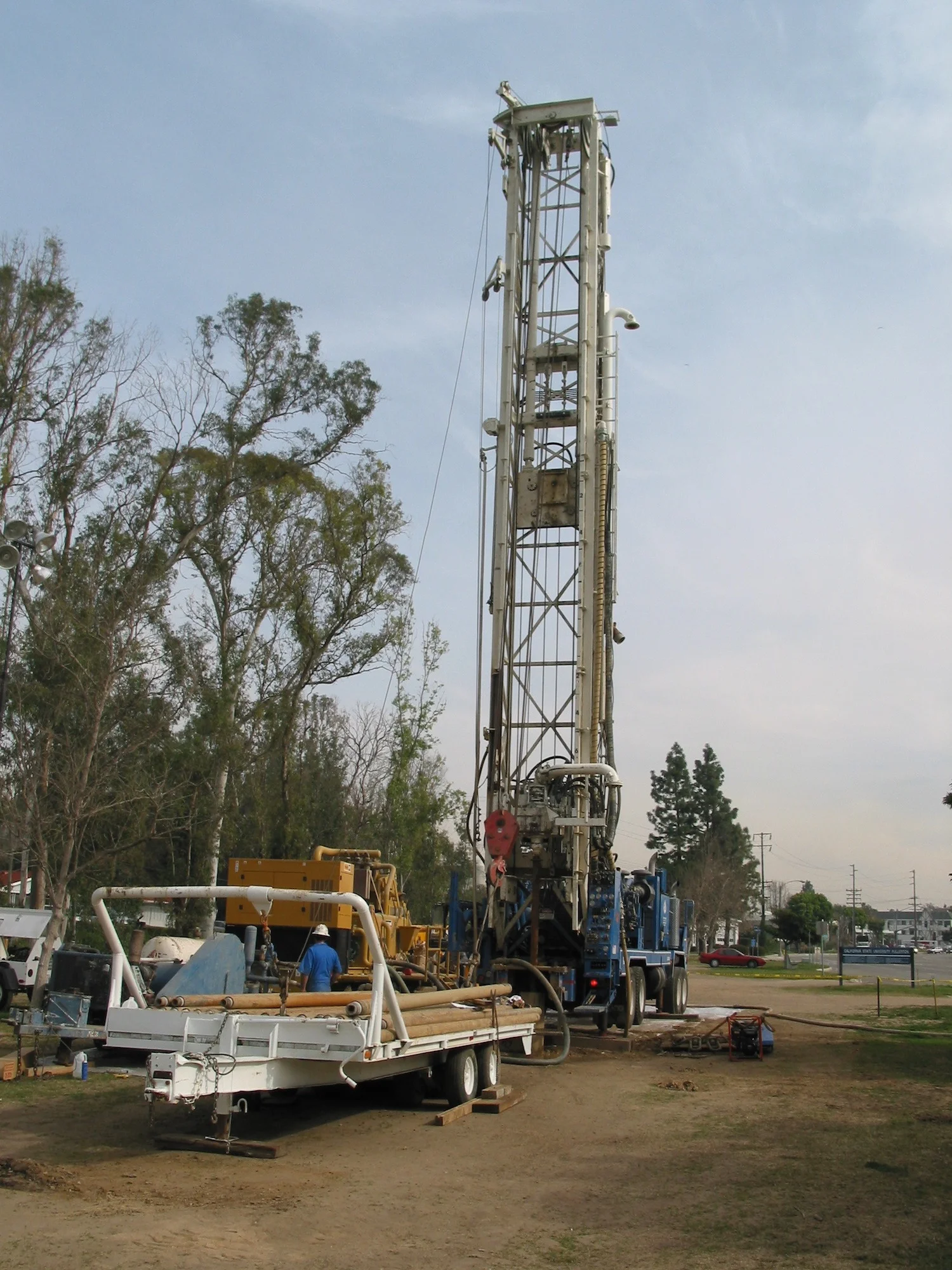Remedial Investigation
Earth Forensics team of geologists and hydrogeologists are hired by municipalities, private developers, and government entities to perform remedial investigations designed to gather data to determine the nature and extent of contamination at a project site. A remedial investigation/feasibility study (RI/FS) is performed at the site to collect data to characterize site conditions and determine the nature of the waste and assess risk to human health and the environment. Once this information is gathered, Earth Forensics will conduct treatability testing to evaluate the potential performance and cost of the treatment technologies that are being considered.
The Feasibility Study is the mechanism for the development, screening, and detailed evaluation of alternative remedial actions. The Remedial Investigation and Feasibility Study are conducted concurrently - data collected in the Remedial Investigation influence the development of remedial alternatives in the Feasibility Study, which in turn affect the data needs and scope of treatability studies and additional field investigations. This phased approach encourages the continual scoping of the site characterization effort, which minimizes the collection of unnecessary data and maximizes data quality.

